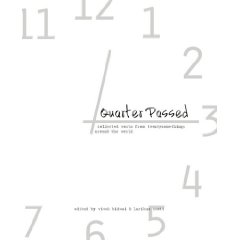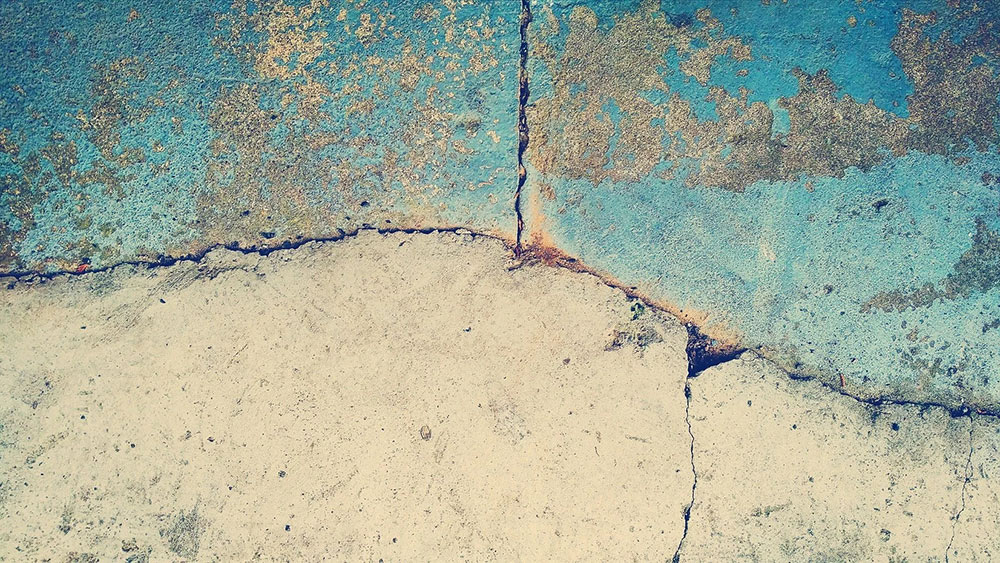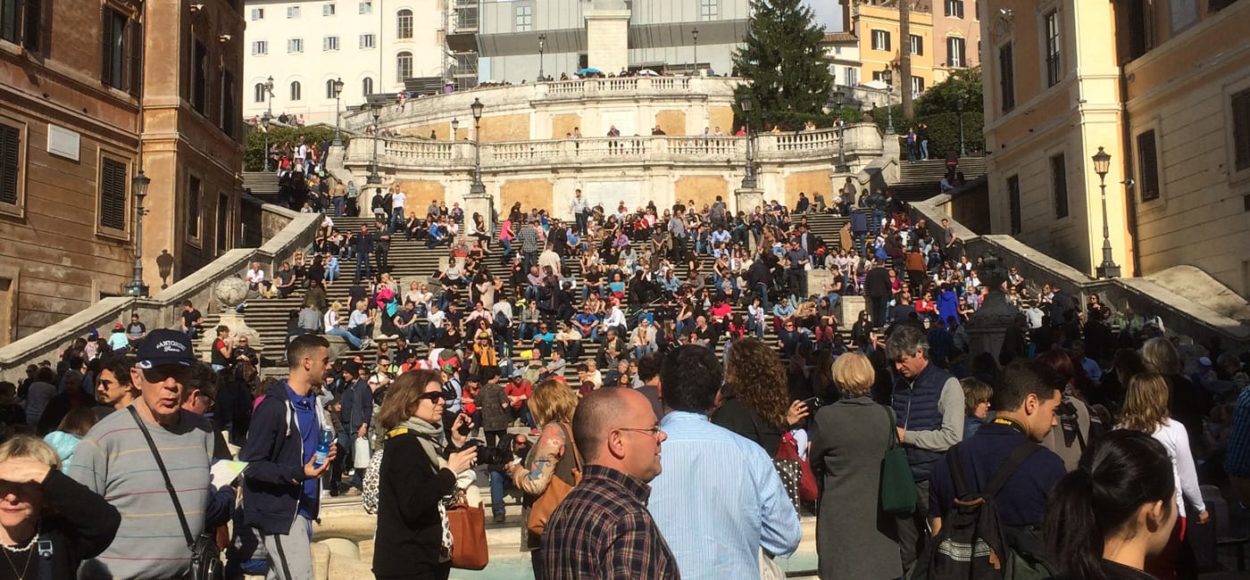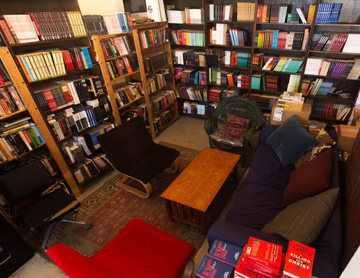 I’ve got an essay included in the new book Quarter Passed, published in the USA by Twenty Stories Publishing. It’s a compilation of stories, essays, poems and photographs by twenty-somethings from around the world (27 countries to be precise).
I’ve got an essay included in the new book Quarter Passed, published in the USA by Twenty Stories Publishing. It’s a compilation of stories, essays, poems and photographs by twenty-somethings from around the world (27 countries to be precise).
I wrote the piece back in 2006 when I first moved back to England, when I’d just made the decision to give up my job as a reporter at the Wall Street Journal and put all my energy into fiction writing. I was feeling very insecure, with no real prospect of publication, no job lined up to keep me going in the meantime. So when I saw an ad somewhere for submissions to something called ‘Quarter Life Crisis’ as it was then, it really struck a chord. I wrote an essay, submitted it, heard nothing for three years, and then a few months ago received notification that I’d been selected.
So receiving the book itself recently and reading my essay again was a rather strange experience. It had been such a long time – I’m not a twenty-something any more, after all, but a thirty-something. It was like reading an essay by someone else, someone I had a lot in common with but still didn’t quite recognise as myself. The title is “Tainted” and the premise is that through my twenties I discovered the massive amounts of injustice in the world and it tainted what I would previously have seen as achievements. By the age of 23, for example, I was earning a six-figure salary and had my own office on the 18th floor of a Wall Street office tower, and I knew I didn’t deserve a penny of it. I was weighed down by the thought that it was more than my Dad, the most conscientious person I know, had ever earned. It was more than billions of people who worked a hundred times harder than me would ever earn. It changed my view of the world. Whereas a lot of people become conscious of how the world works by being victims of injustice, for me it was through being a beneficiary of injustice. That’s what the essay is about really.
To be honest, I don’t think it’s my best piece of work. It’s heartfelt and contains some good ideas but I think I could have written it more coherently. Thankfully, however, a lot of other essays in the collection are much better. Brandon Miree, for example, achieved the amazing task of making me care about a story on the NFL (American football). It’s about getting to be a player in the NFL but not quite making it – being a reserve, getting a run in the team, getting injured. About the fine margins between success and failure, particularly in a winner-takes-all environment like modern-day professional sport. Wade Forrest Wilson did a beautiful short piece about the stresses of being a cook in TGI Friday’s, through the extended metaphor of boiling milk. Maya Bastian wrote movingly about the death of a friend and the sense of human fragility it gave her. Jayar Pacifico excavated the pain, guilt and awkwardness of trying to come out as a gay man when he already had a fiancee and a baby daughter. Dawn Ng kicked off the book with a terrific meditation on the meaning of home, the yearning to get away and the urge to go back again, as she described moving from Singapore to the USA. I loved the opening image of a five-year-old girl in Singapore drawing a crayon picture of a house based not on her own reality (a small flat on the 20th floor of a huge skyscraper) but on an ideal-type American house – a square with a triangle hat, a lawn and a dog.
I enjoyed reading this really disparate set of accounts from people around the world. American voices are most prevalent, as you’d expect from a book published there, but there’s good representation from Europe, Africa, Australia, Fiji, etc etc. And of course America itself contains no shortage of different experiences. Each piece represents a strong individual perspective, and although the editors have grouped them into broad themes, there’s no attempt to draw conclusions or make points. It’s just a collection of different ideas on what the twenties meant for various people. Of course I’m biased, but I do think it’s worth a read.
How about you? What were your twenties about? Hedonism or hard work? Excitement or disappointment? Gains or losses? Would love to hear more on the theme.



There are 2 comments
I would love to read your essay. How heartening that someone like you, in the position you were in then, and at so young an age, could realize the injustice. I often have the same thoughts going through my head. Not that I’m a six-figure-salaried person but, still, I can’t help thinking about people in war-torn countries with barely a cup of rice to eat. Okay, I won’t get all emotional, but how wonderful is it that your piece got published. Congratulations! I hope writing brings you more happiness than your previous life has ever had.
Thanks Claire! You’re right to be emotional – I think a lot of the problem is how we train ourselves not to feel anything when we think about people with barely a cup of rice to eat. Getting emotional is an appropriate reaction to the state of the world, I think.
Don’t worry, I’ve already found a lot more happiness than I did in my previous life. Even if I don’t become greatly successful as a writer, I wouldn’t turn back for anything.